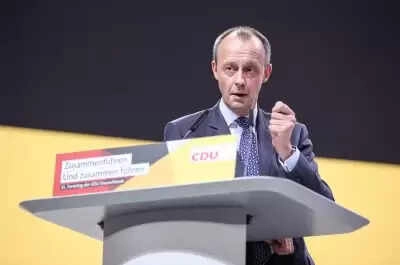West Bengal Chief Minister Mamata Banerjee recently addressed a controversial statement regarding a rape case in Durgapur, which has sparked widespread outrage and criticism. In her remarks, she characterized the media’s portrayal of the incident as “deliberately distorted,” suggesting that the sensationalism surrounding the case has overshadowed the facts. Banerjee’s comments come amid growing concerns about women’s safety in the region, as well as increasing scrutiny of her government’s handling of such sensitive issues. The incident has not only raised alarms about the safety of women in West Bengal but has also ignited a larger conversation about accountability and the role of the media in shaping public perception.
The Chief Minister’s assertion that the media misrepresented the circumstances surrounding the Durgapur case has drawn mixed reactions. While some supporters argue that her statement is an attempt to defend her administration from perceived bias and misreporting, critics contend that it reflects a troubling trend of downplaying serious crimes. Many believe that such remarks could deter victims from coming forward, fearing that their experiences will be minimized or distorted. This incident highlights the delicate balance between media reporting and political accountability, especially in a state where women’s rights and safety have become focal points of public discourse.
As the Durgapur rape case continues to unfold, the implications of Banerjee’s comments are being felt across the political landscape. Opposition parties have seized upon her statement, calling it an attempt to deflect attention from the state’s rising crime rates and the government’s failure to ensure safety for women. In a climate where every word from political leaders is scrutinized, Banerjee’s remarks may have inadvertently intensified the scrutiny of her administration’s policies and responses to gender-based violence. The need for a comprehensive discussion on women’s safety and the media’s responsibility in reporting such incidents is more critical than ever, as the state grapples with the complexities of crime, justice, and public perception.




